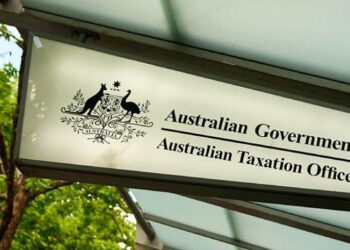The trustee services provider’s senior technical services manager, Julie Steed, told SMSF Adviser she had seen increasing numbers of adviser queries heading into the new year around how to deal with the substantial reserves attached to legacy pensions including lifetime, life expectancy and flexi pensions when the member passed away.
“There is growing concern of how to manage reserves that support some of these pensions and differences of opinion between the ATO and industry regarding reserve requirements,” Ms Steed said.
“This is exacerbated by the treatment of benefits upon the death of some pensioners and the potential for benefits to be trapped in reserves rather than paid to a surviving spouse. In many instances, the result is in direct conflict with the sole purpose test.”
Ms Steed pointed out that despite the fact complying pensions had not been allowed to be commenced within an SMSF since December 2005, no legal remedy had yet been introduced to assist members with transitioning out of these pensions.
“Superannuation has changed so much in this time and the draconian rules and interpretations that still apply to these pensions have not kept pace with modern requirements,” she said.
“Many of these pensions are held in low-balance SMSFs where the fees of maintaining the fund are excessive, but for which there is no real wind-up solution. A complying pension can only be commuted to start a complying annuity or a term allocated pension. In many instances either of these alternatives result in significantly lower annual incomes on which pensioners cannot live.”
Ms Steed added that the fees associated with such pensions should be of particular concern to the government, given the strong focus on lowering administration fees across the rest of the super industry.
“The government has just introduced laws whereby APRA-regulated funds are unable to charge more than 3 per cent in administration fees, which is primarily aimed at $1.50 per week funds with low balances, but we have SMSFs with $20,000 complying pensions where just the statutory fees are 4.5 per cent of the account balance,” she said.
Ms Steed suggested an amnesty window to allow advisers and clients to move into account-based pensions could be looked at by legislators in 2020 to address this issue.
“Whilst the number of complying pensions is relatively small, the impact on individual pensioners of an account-based alternative is significant,” she said.
“The solution could be as simple as a change to the SIS regulations to allow an amnesty period for funds with less than five members to move to a modern account-based pension.”


